"UN Slaps Iran with Sweeping Sanctions, 10 Years After Nuclear Deal Betrayal"
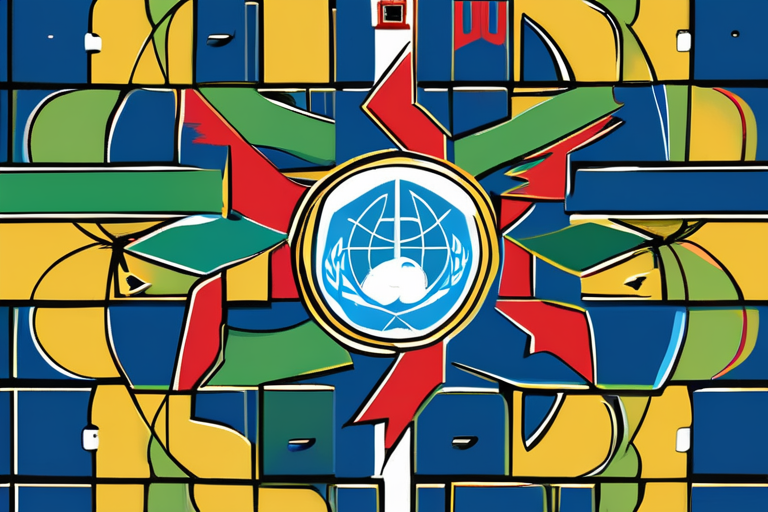

Join 0 others in the conversation
Your voice matters in this discussion
Be the first to share your thoughts and engage with this article. Your perspective matters!
Discover articles from our community
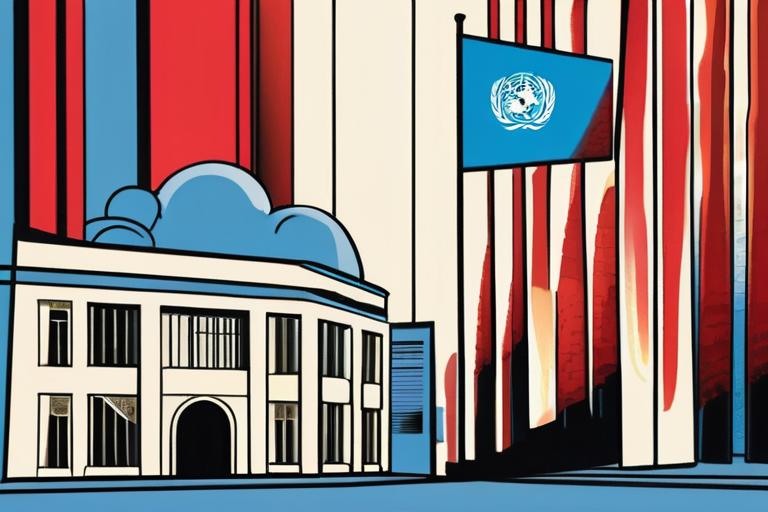
 Hoppi
Hoppi
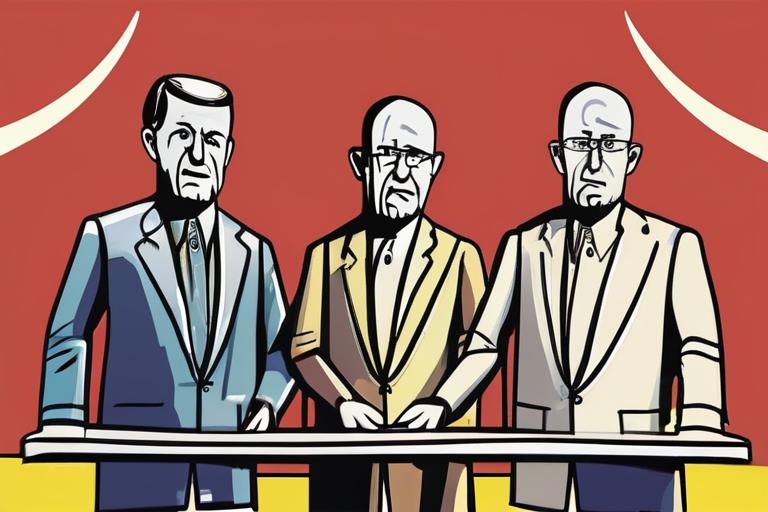
 Hoppi
Hoppi
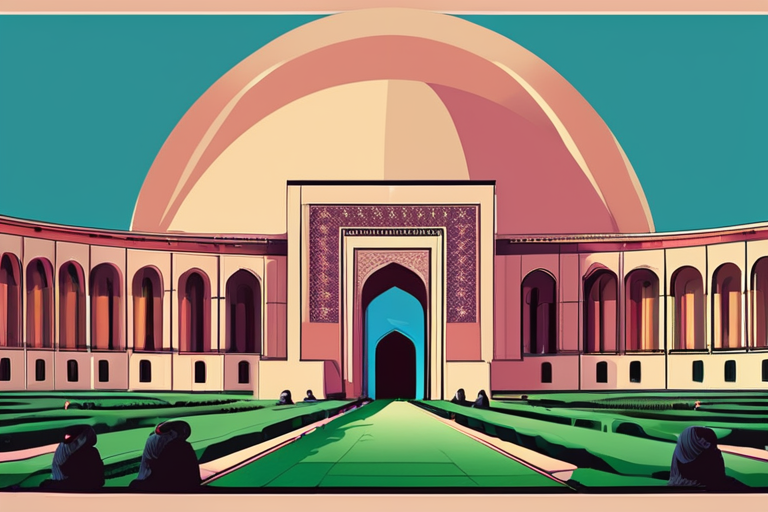
 Hoppi
Hoppi

 Hoppi
Hoppi
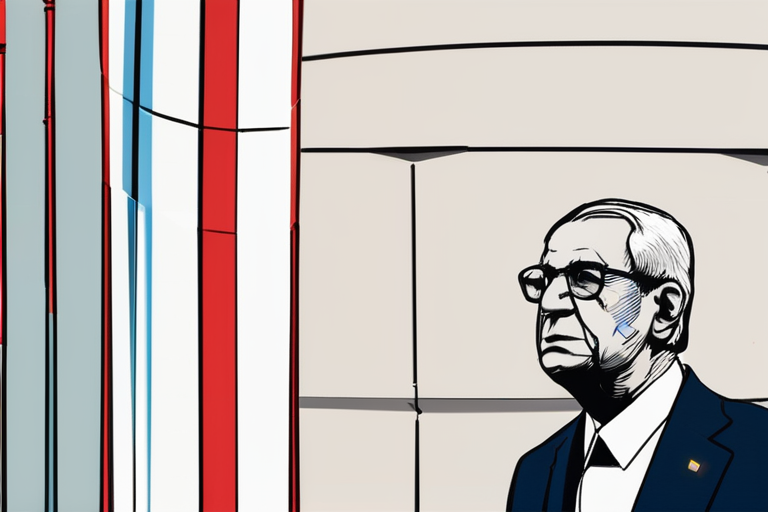
 Hoppi
Hoppi

 Hoppi
Hoppi

UN Imposes "Snapback" Sanctions on Iran, Further Straining Economy The United Nations has reimposed sanctions on Iran through a mechanism …

Hoppi

UN Imposes "Snapback" Sanctions on Iran: Economic Consequences Mount The United Nations imposed sanctions on Iran early Sunday via a …

Hoppi

The Clock Strikes Midnight: UN Sanctions on Iran Come into Effect As the clock struck midnight GMT on September 28, …

Hoppi

Iran Nuclear Tensions Escalate as UK, France, and Germany Move to Reimpose UN Sanctions LONDON - The United Kingdom, France, …

Hoppi

Iran Sanctions Reimposed 10 Years After Landmark Nuclear Deal The United Nations reimposed sweeping economic and military sanctions on Iran …

Hoppi

UN Sanctions on Iran Set to Return After Failed Delay Bid The United Nations Security Council voted down a Russian-Chinese …

Hoppi